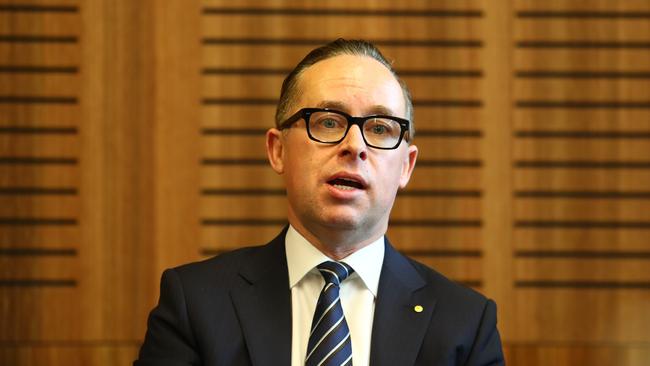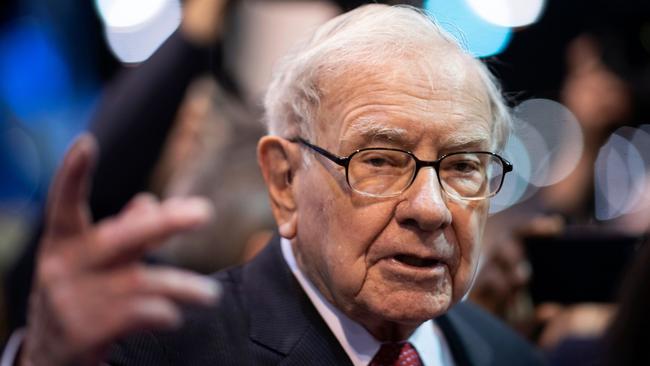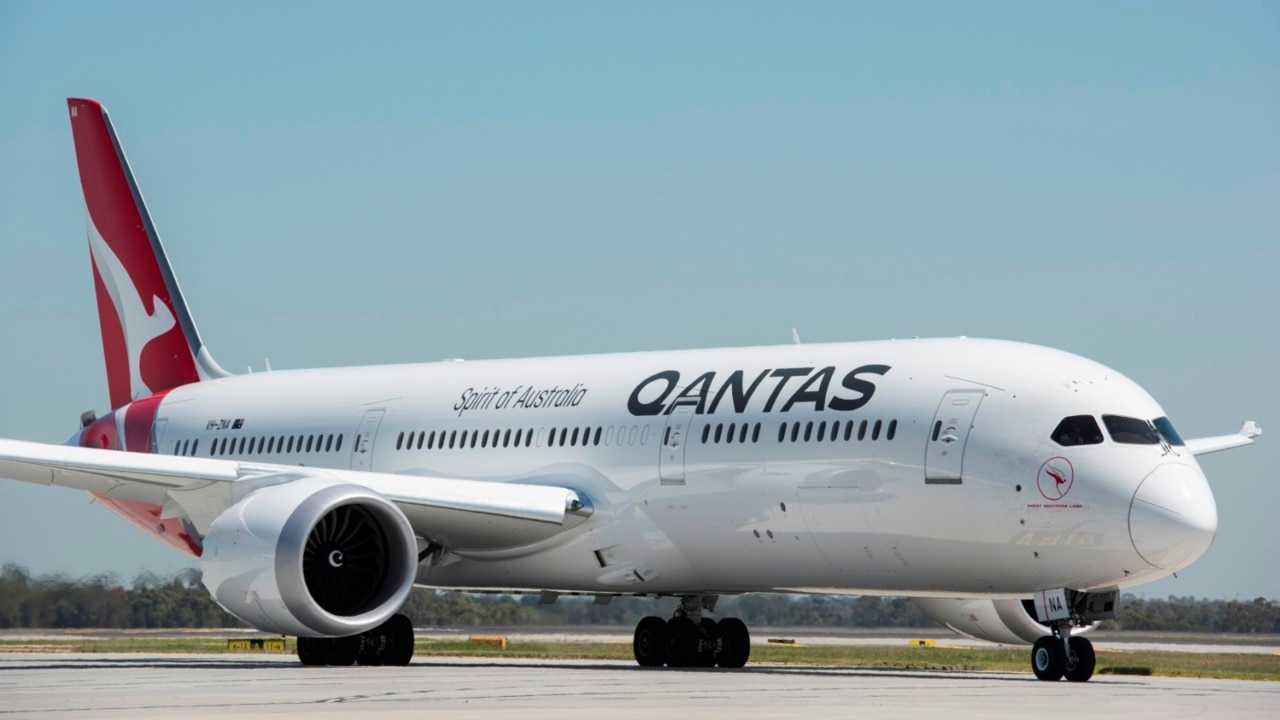
But amid the pleasantries lies a pivotal question: Over the past 15 years, what has been the true economic narrative of Qantas?
While whispers revolve around Joyce’s sudden retirement and its implications on the board’s autonomy, a more pressing issue demands attention. Specifically, did the board, under the shadow of short-term profitability objectives, potentially compromise the airline’s long-term brand and value?
When I look at the board of any corporation, I am frequently reminded of Richard Puntillo, Professor Emeritus at USFCA, who some years ago was quoted thus: “In theory, publicly traded corporations have shareholders as their kings, boards of directors as the sword-wielding knights who protect the shareholders and managers as the vassals who carry out orders.
“In practice, in the past decade, managers have become kings who lavish gold upon themselves, boards of directors have become fawning courtiers who take coin in return for an uncritical yes-man function and shareholders have become peasants whose property may be seized at management’s whim.”
While I don’t think the quote applies perfectly to the Qantas board, it does remind one that board members must wear multiple hats, especially when helming a company with “national carrier” status ascribed to it, which brings with it the risk of abuse of its privileged monopolistic position.
Economic analysis is fundamental in a capitalist system. Yet, one wonders if the Qantas board permitted myopic gains to override sustainable growth. Others may ask whether new shareholders were lured to invest on a false premise. Such concerns will intensify as Qantas’ decisions, such as its reported monopolistic tendencies and questionable financial moves with respect to credits and cancellations, come under scrutiny.

In 2007, Warren Buffett famously wrote, with respect to the disaster that is investing in airlines, that “if a farsighted capitalist had been present at Kitty Hawk, he would have done his successors a huge favour by shooting Orville down”. The following year Alan Joyce was elevated to CEO of Qantas.
An admittedly cursory glance at the financial data from Qantas’ annual reports over 15 years since 2008 reveals the intricate challenges of the airline industry that Warren Buffett alluded to.
The statutory profit figures indicate that, over this span, the company reported a total net loss of $116m. It barely broke even. It is just a coincidence that reports of the CEO’s total remuneration earned during this period amount to roughly the same number. Yet, more curiously, the company disbursed $2.226bn in share buybacks and an additional $1.659bn in dividends. How could $3.8bn in distributions be justified in light of the $116m in statutory losses?
There is a spaghetti bowl full of esoteric airline accounting to sift through to answer that question precisely, but the answer may reside in Qantas’ debt narrative. Between 2008 and 2023 there was a surge in both short-term and long-term debts, aggregating to over $1bn.
To clarify, the long and short-term interest-bearing liabilities were $1bn higher in 2023 than in 2008. This increase may have partially powered the dividends and buybacks. Still, a staggering $2.8bn gap remains.
Purely coincidentally, during the pandemic, Qantas is reported to have been bolstered by $2.7bn of taxpayer money. It is only coincidence, but the number eerily approximates the amount needed for the buybacks and dividends. Furthermore, this financial injection might have fortified the company’s balance sheet, enabling it to slash long-term debt and engage in considerable stock buybacks in the most recent two years.

These mediocre statistics have also been boosted by a dearth of aircraft purchases, the most expensive part of running an airline. Had management and board been maintaining the fleet commensurate with competitors, the numbers would have been much worse.
And so, another aspect of Qantas’ economics comes to light when examining the ageing fleet of its aircraft. Recent statistics highlight Qantas possessing one of the oldest aircraft fleets, averaging 15 years, among some major international airlines. This age is notably higher than industry rivals such as Cathay Pacific and Emirates.
Historical data underscores this concern. Over a decade and a half ago, in 2006, Qantas’ fleet averaged an age of just over eight years. However, deferred acquisitions have led to a geriatric fleet in comparison to competitors. By 2022 the average age of the fleet was 15 years. Of course, this statistic fails to account for the fact the pandemic mothballed many aircraft and while furloughed, these planes experienced zero cycles of takeoffs, landings and pressurisations. They are therefore arguably younger than their years suggest.
One expert, however, Dr Ian Douglas from the University of New South Wales, believes this ageing is indicative of strategic capital management by the board. He has been quoted noting, “So (fleet age) has almost certainly increased over time. And that would have been a conscious decision about managing capital by the board.”
While many planes remained dormant during the pandemic, the decision to age the fleet predates the global crisis.
The data compels a revisit to the initial query: Did the board possibly prioritise immediate profits, those that might coincide with the retirement of a CEO, over Qantas’ enduring reputation and value?
Did the airline’s financial representation perhaps entice investors into a potential sinkhole?
Should they have taken Warren Buffett’s advice? Only time and the earnest investigation of regulators, and perhaps class action lawyers, will tell.
While Mr Joyce heralds Qantas’ foundational strength and prospective vibrancy, the verdict remains in the hands of those arguably much more discerning. The narrative is still unfolding, promising more revelations.
Roger Montgomery is the founder and chief investment officer of Montgomery Investment Management.








Former Qantas chief Alan Joyce departed during the week with an optimistic statement about the airline’s intrinsic strength and its promising horizon, noting “I leave knowing that the airline is fundamentally strong and has a bright future”.